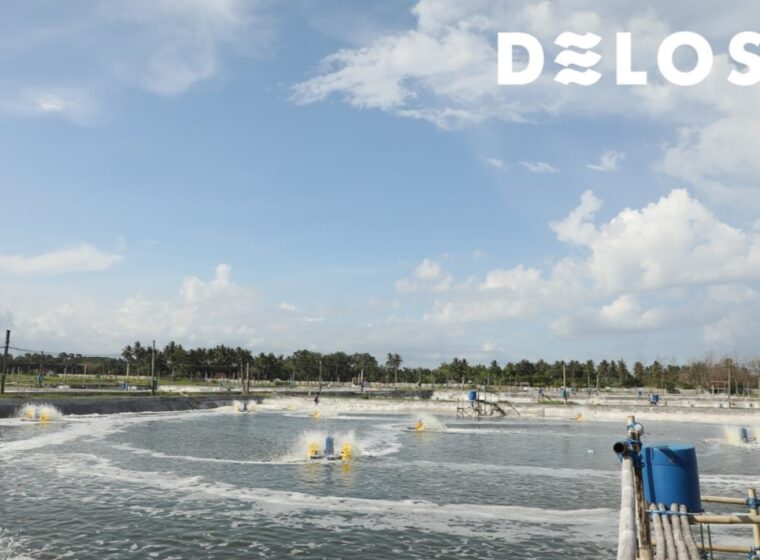The factors influencing the export of shrimp from Indonesia are considered both diverse and complex. This is not solely attributed to the importing parties but extends to the exporters themselves. Additionally, the cultivation processes undertaken play a significant role in shaping this dynamic.
Meanwhile, the cultivation of shrimp contributes to the overall export dynamics, creating a foundation that is intricate and versatile. A profound understanding is essential to navigating these complexities, responding to changes, and maximizing Indonesia’s shrimp export potential in the global market.
In this context, in-depth research and a comprehensive understanding of these factors become crucial to optimize Indonesia’s position in the competitive shrimp export industry.
Also Read: Types of Exported Shrimp Products
Factors Influencing the Export of Indonesian Shrimp
1. Domestic Production
Domestic production stands as the primary foundation in determining the availability of shrimp for export. Factors such as technology, infrastructure, and government policies supporting domestic shrimp cultivation in Indonesia play a crucial role.
Stakeholders need to focus on increasing production to ensure a steady supply of shrimp for export, benefiting the Indonesian economy.
2. Shrimp Commodity Prices
The prices of shrimp commodities are a key factor influencing Indonesian shrimp exports. Low export prices make product competition more intense in the market.
Price fluctuations can be influenced by global supply conditions, market demand, and other factors. Therefore, monitoring and adjusting to price changes are crucial in managing shrimp exports.
3. Substitute Commodity Prices
Apart from shrimp prices, the prices of substitute or alternative commodities also play a role in determining export competitiveness. If the prices of substitute commodities increase, consumers may switch to these alternatives, reducing demand for Indonesian shrimp exports. Monitoring the market and innovating in product development can help maintain competitiveness.
Also Read: Dynamics of Vannamei Shrimp Market and Its Influence on Prices
4. Real Exchange Rate
The real exchange rate or currency value is a factor influencing shrimp exports. The currency exchange rate can affect purchasing power and export prices.
The exchange rate is based on two perceptions: one reflects the currency exchange value in actual trade, influencing purchasing power and export prices. Currency appreciation or depreciation can affect the price competitiveness of Indonesian shrimp exports in the international market.
5. Income of the Target Country’s Population
The income level of the population in the target export country also significantly impacts shrimp demand. High-income countries tend to have higher consumption levels, supporting Indonesian shrimp exports. Therefore, understanding consumer profiles and market trends in the target country is crucial.
6. Consumption Levels in the Target Country
The consumption levels of shrimp in the target export country are a key indicator of market potential. Analyzing consumption patterns, preferences, and trends in these countries can aid in planning Indonesian shrimp exports to align with market needs.
7. Implementation of HACCP
The implementation of Hazard Analysis and Critical Control Points (HACCP) is a crucial quality factor. Importing countries generally have strict food safety standards. Implementing HACCP can enhance consumer trust in Indonesian shrimp products, opening doors for market expansion and increasing competitiveness.
Also Read: Competitiveness of Indonesian Shrimp in the Global Market
Supporting the Increase of Indonesian Shrimp Exports with DELOS!
The factors influencing Indonesian shrimp exports are indeed complex. The government, fishing industry, and exporters need to collaborate to overcome challenges and capitalize on opportunities to ensure the competitiveness of Indonesian shrimp exports in the dynamic international market.
Let’s join DELOS in supporting the increase in the export volume of Indonesian shrimp, especially vannamei shrimp, to the global market! DELOS, together with shrimp farmers, remains committed to improving the quality of Indonesian shrimp and ensuring sustainable shrimp cultivation processes.
Join DELOS in supporting Indonesian shrimp exports! Visit www.delosaqua.com or contact contact@delosaqua.com for more information.




